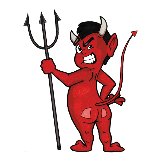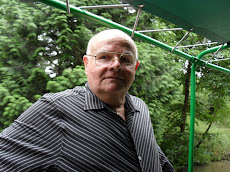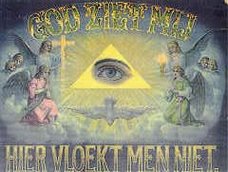I have a love - hate relationship with that magazine. It was almost obligatory reading during my professional life, and I have been a subscriber off and on and off since then.
It most certainly is the best written economic journal in the English language, but their critical analyses are too liberal and too (free) market oriented to my taste. Their editorials often read like sermons from a preacher who does not have the slightest doubt about "his" truth.
That being said, I wander on their website from time to time, and thus I discovered an interesting article on Russia : "The making of a neo-KGB state" claiming that political power in Russia now lies with the FSB, the KGB's successor. Quite juicy reading.
Some quotes : "By many indicators, today's security bosses enjoy a combination of power and money without precedent in Russia's history. The Soviet KGB and its pre-revolutionary ancestors did not care much about money ; power was what mattered. Influential though it was, the KGB was a 'combat division' of the Communist Party, and subordinate to it. As an outfit that was part intelligence organisation, part security agency and part secret political police, it was often better informed, but it could not act on its own authority ; it could only make 'recommendations'. In the 1970s and 1980s it was not even allowed to spy on the party bosses and had to act within Soviet laws, however inhuman.
The KGB provided a crucial service of surveillance and suppression; it was a state within the state. Now, however, it has become the state itself." ...
"Despite their loyalty to old Soviet roots, today's security bosses differ from their predecessors. They do not want to return to communist ideology or an end to capitalism, whose fruits they enjoy. They have none of the ascetism of their forebears. Nor do they relish mass repression : in a country where fear runs deep, attacking selected individuals does the job. But the concentration of such power and money in the hands of the security services does not bode well for Russia."
A very interesting read indeed. See : http://www.economist.com/world/displaystory.cfm?story_id=9682621.
Subscribe to:
Post Comments (Atom)







No comments:
Post a Comment